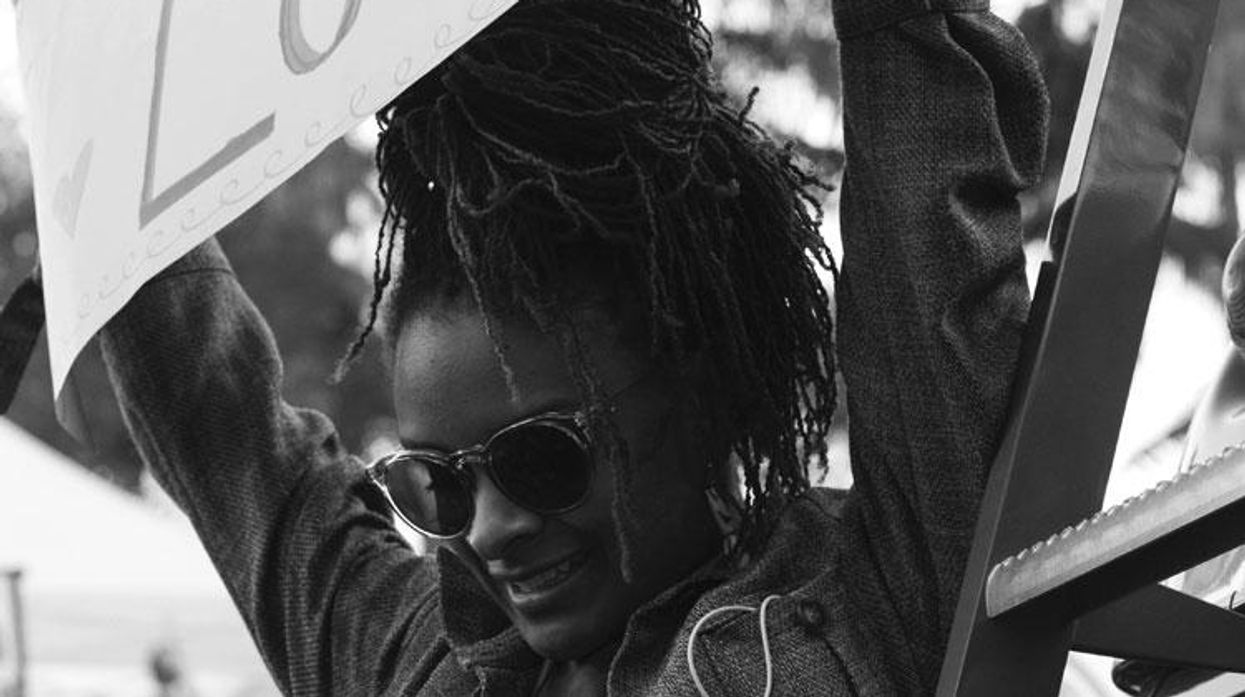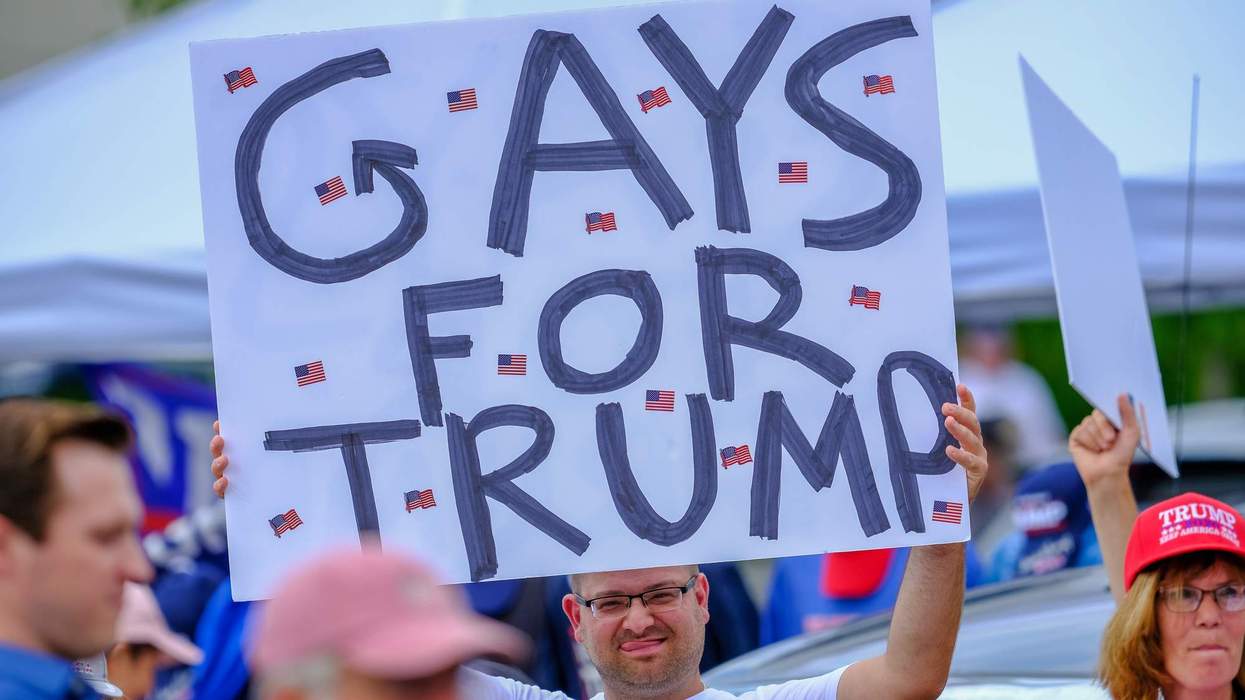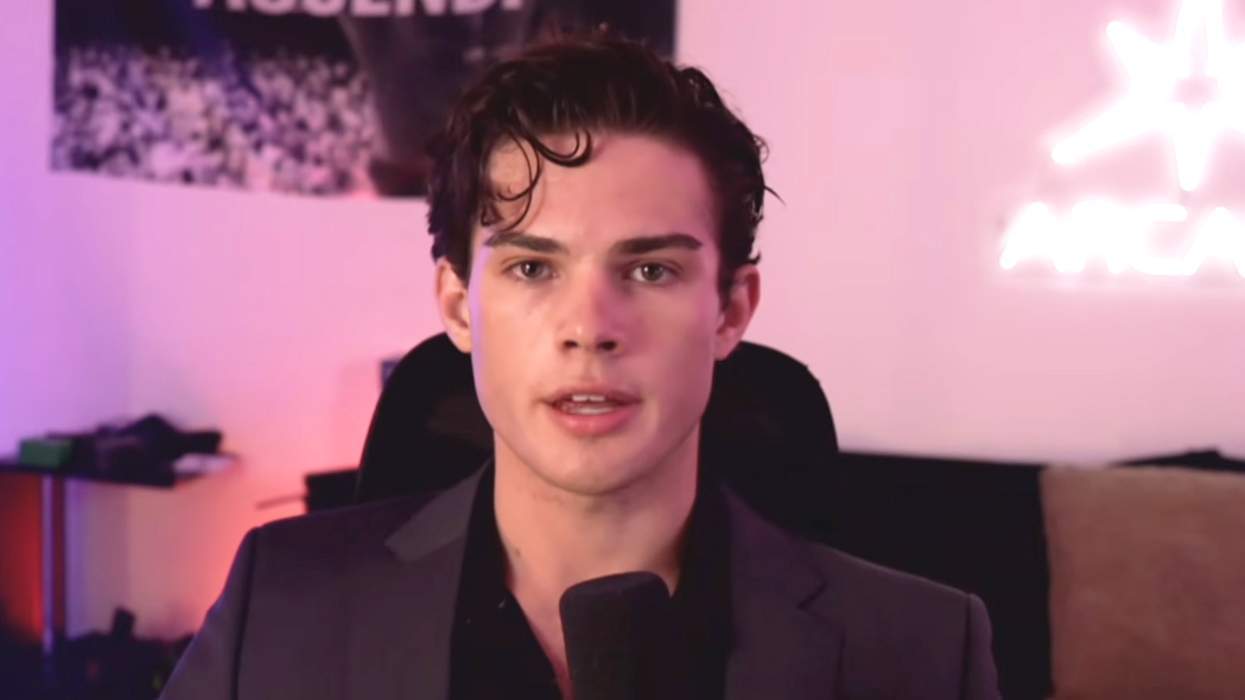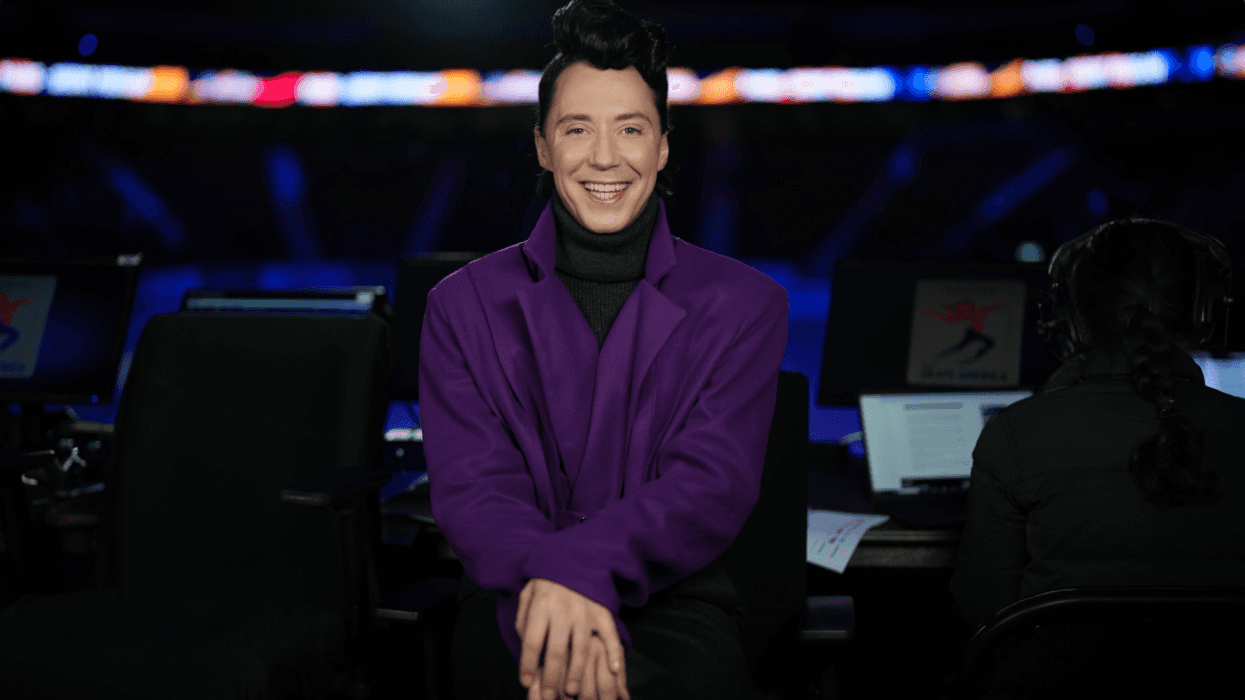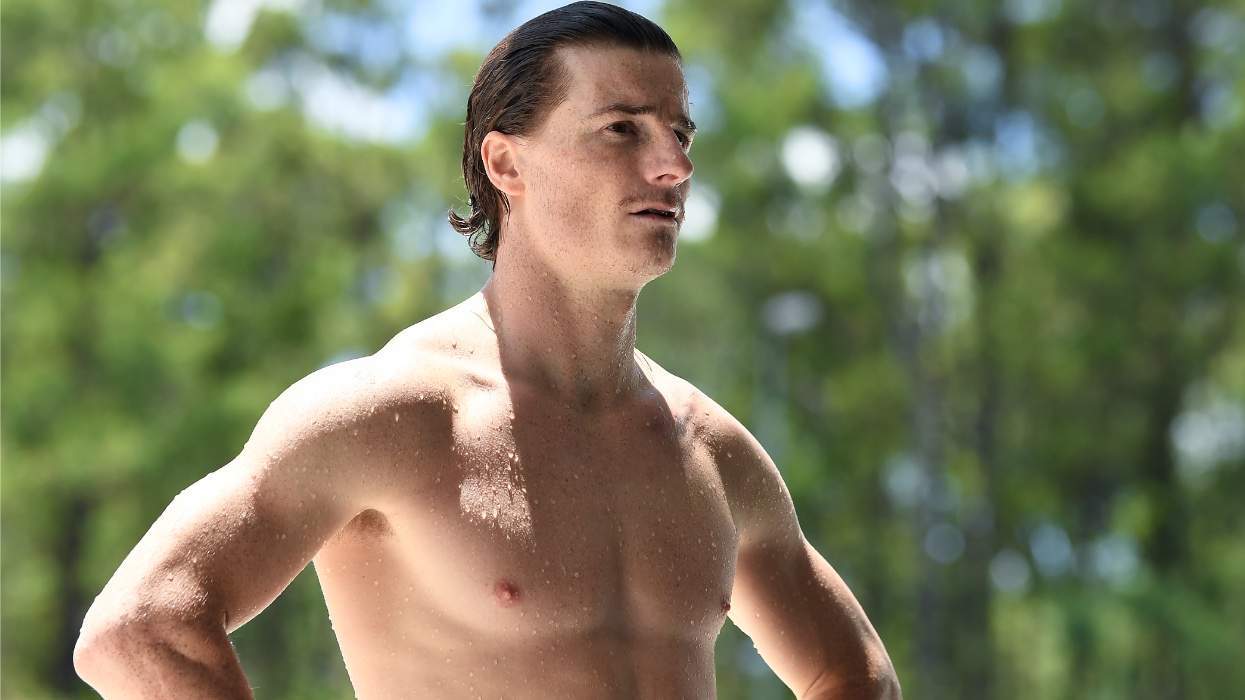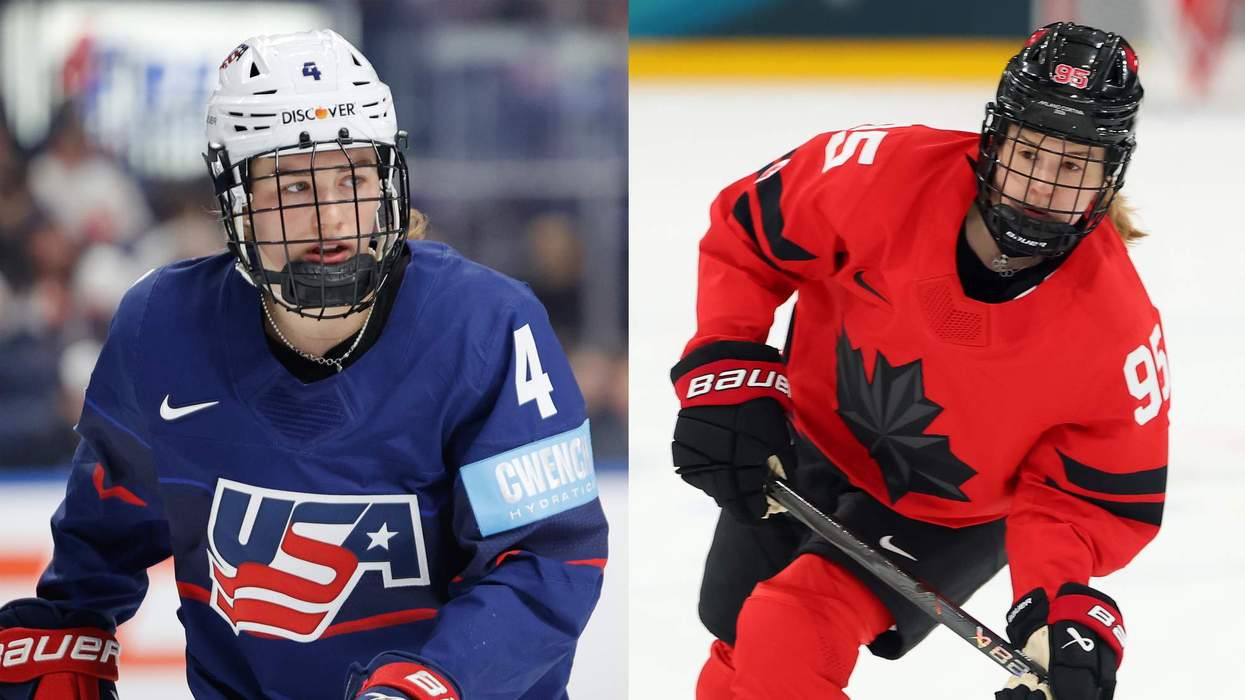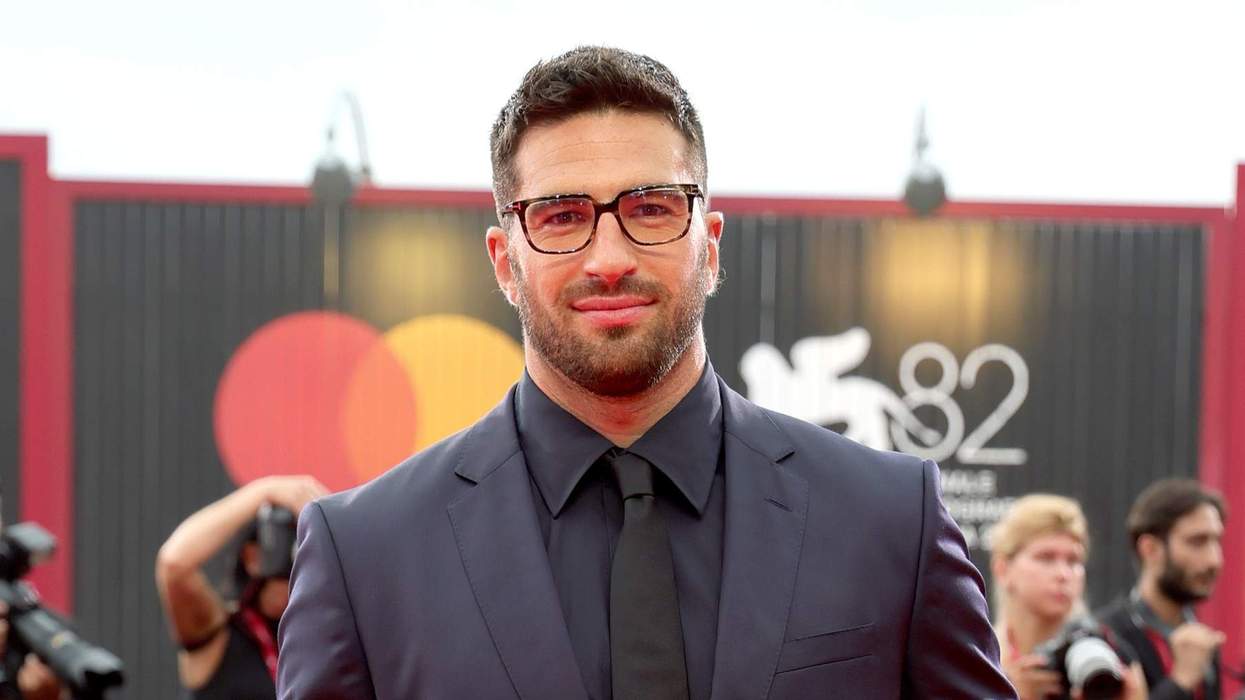I attended the Women's March, even though a good chunk of my queer and people of color friends did not. I understand why some stayed home; they weren't angry or bitter or "playing the victim," as I have seen suggested on social media. They were simply tired. Not lack-of-sleep tired, but an exhaustion that wraps itself around your bones, eroding the soul. The history of being a queer activist of color has always come with a sense of invisibility and disdain from plumped-up white feminism.
As I debated on attending the march, I chuckled a bit about the narrative of Donald Trump being a man who will ruin women's lives. While I agree with this statement, he is neither the first nor the last man to affect my life as a queer minority, or others like me. Perhaps it was such a delusion that got Donald Trump in office in the first place, but I digress.
Related | Thousands Occupy Women's March on Washington DC (Slideshow)
So why was I nervous about attending a march with ladies advocating for many great causes? Well, because whiteness has always been an antagonistic force in my life. I do not need to speak about the intersectional white feminists advocating brilliantly. They do it. We appreciate it. What has always needed answering is, Why the insane silence from a large group of white feminists on more focused issues? Where are they as the death toll for trans women reaches an all-time high? Where were they as Korryn Gaines, a black woman, was shot and killed in her home by cops? Where are the signs for these ladies? So often, black women have been at the forefront of movements, and so often, their positions and stories are hijacked and eventually cast aside. It's a weird feeling to want to fight on behalf of a huge sisterhood but not fit the credentials: not feminine enough, not white, not straight.
Related | Janet Mock Calls for a Unified, 'Intersectional' Resistance at Women's March (Watch)
I walked through the crowd at the march very hesitant to push my way forward in a manner that would have white women correlate my butchness, combined with my blackness, as a threat. Eventually I found a pocket of free space, and I began taking pictures and interviewing women. From those interviews came a dialogue. As they explained why the showed up to march, I had follow-up questions about the queer women of color who don't have the support of the white feminists. Some recognized the need for intersectionallity, and with their words and mine flowing seamlessly, we even found ourselves embracing from a mutual understanding. But many spoke about how they don't have enough knowledge on those topics or how it is easy to separate themselves from certain issues that plague queer folk or women of color, and so that was that. So some of these women, while recognizing their oppression under men, fail to recognize their privilege over minorities and LGBTQ folk, and especially women of color.
There seems to be a desire to streamline what womanhood is, but surprisingly, the march had many ladies challenging that. Women from so many walks of life had signs calling for privilege to be checked; mostly young queers and teens of color were advocating in the street for races and identities different from their own. This is a step in the right direction.
Related | Our Favorite Instagrams from the Women's March on Washington (and Around the World)
As I put my camera down and listened to the unifying chants, I recognized my historical struggles as a cis queer black woman, but also recognized the privileges that I have as well. I know the media ran with the Women's March and pushed forward the image of white feminism, but I saw everybody being represented at the marches. Some might say too many boxes to check will dilute the women's movement, but if you don't advocate for all women, why even march?
Simply put, I'll always show up. Just like Marsha P. Johnson and Sylvia Rivera -- trans women of color at the forefront of the Stonewall uprising -- showed up. Just as black queer women showed up by creating Black Lives Matter, and just like 94 percent of sistas came together to try to elect a woman who has regarded black youths as superpredators. Being erased and undermined is very familiar to my queerness and blackness, but coming together as part of a sisterhood and lifting one another up while challenging each other is an idea I was raised on and hold very close to my own beautiful, singular identity.


